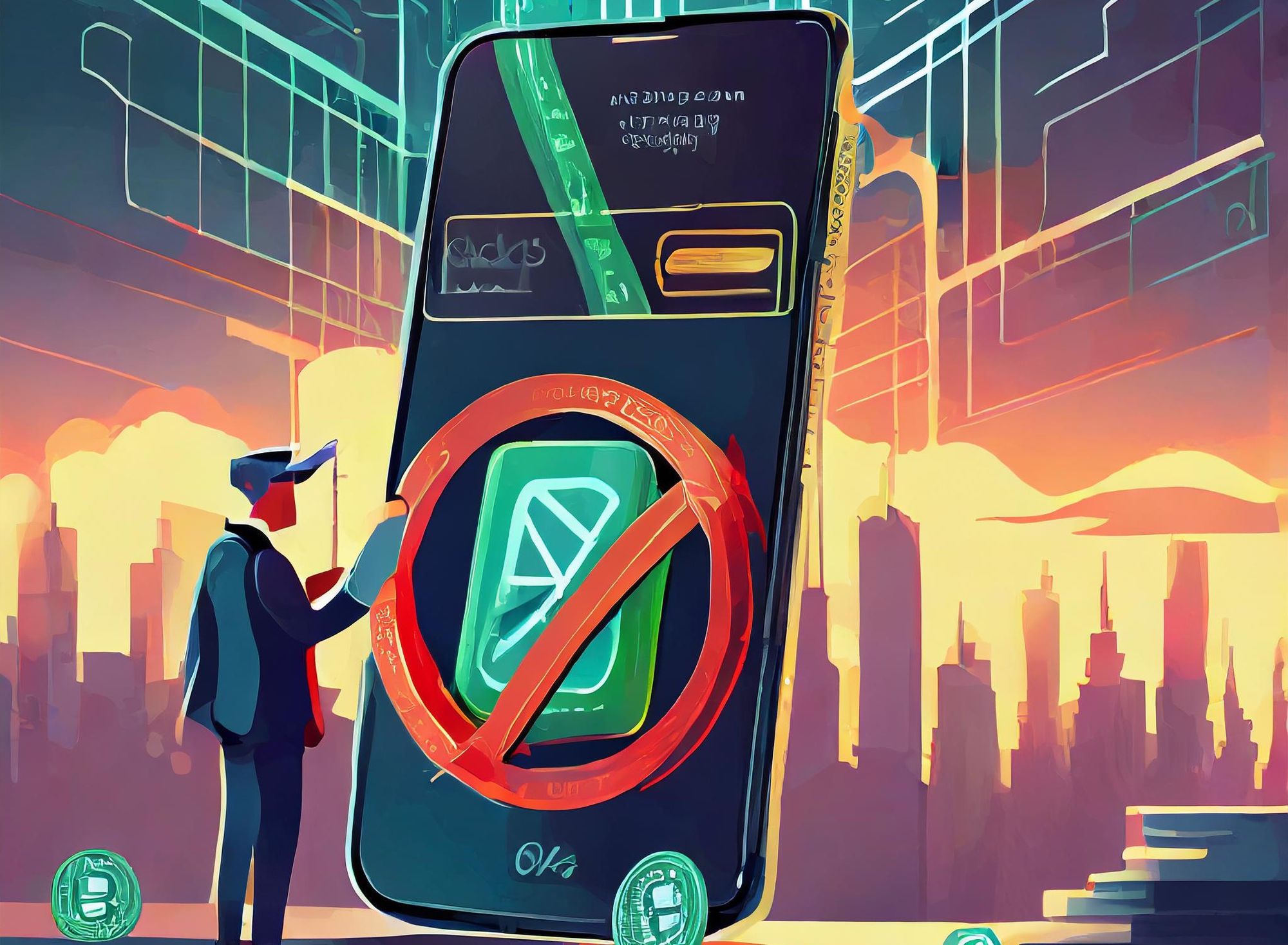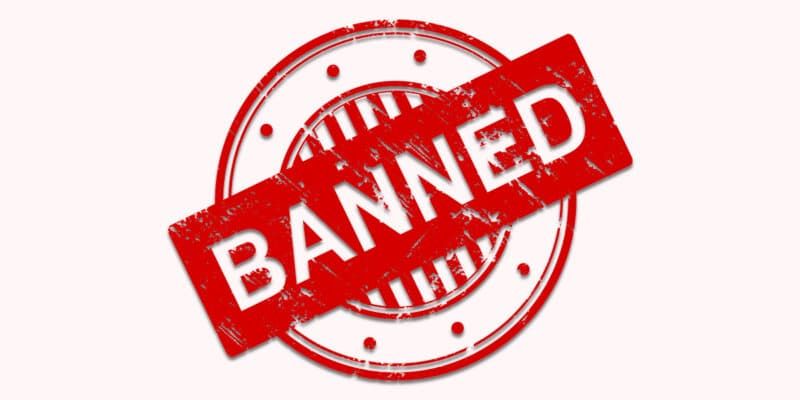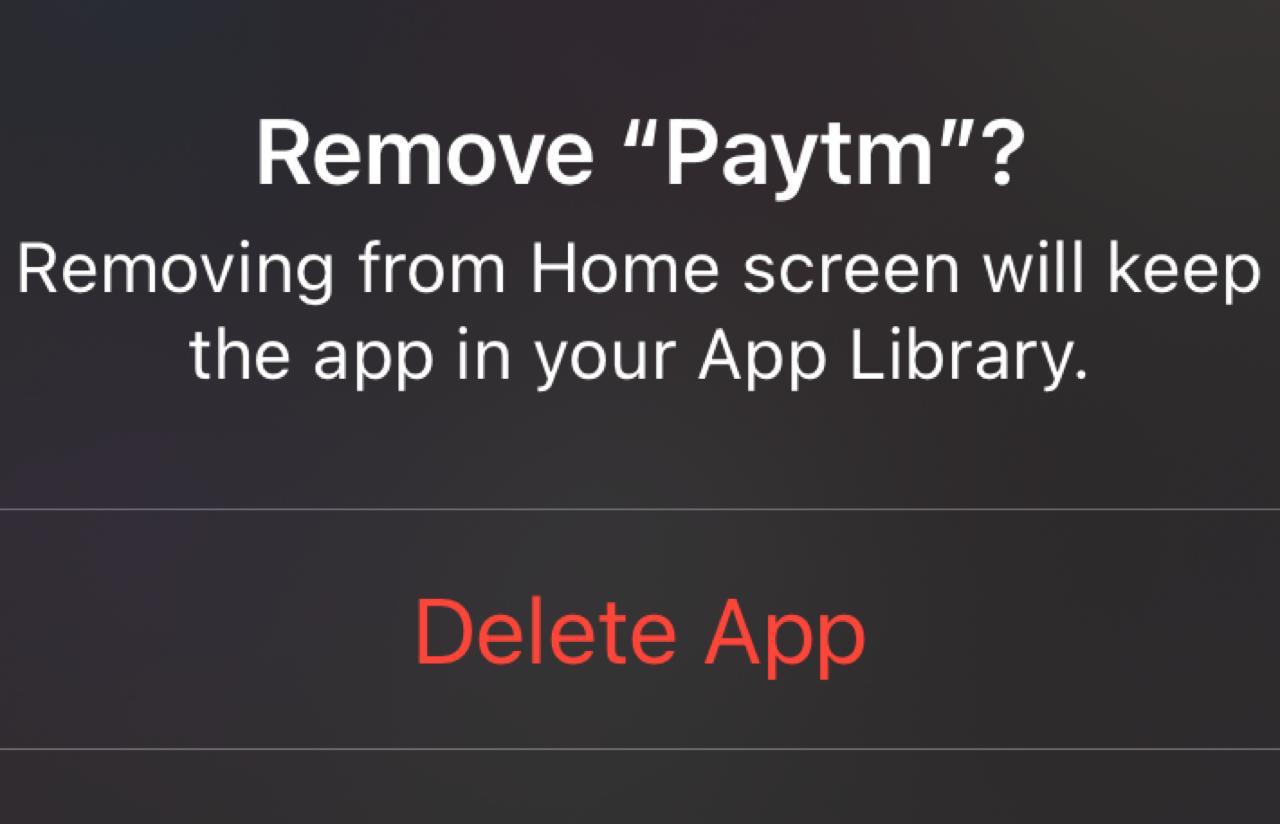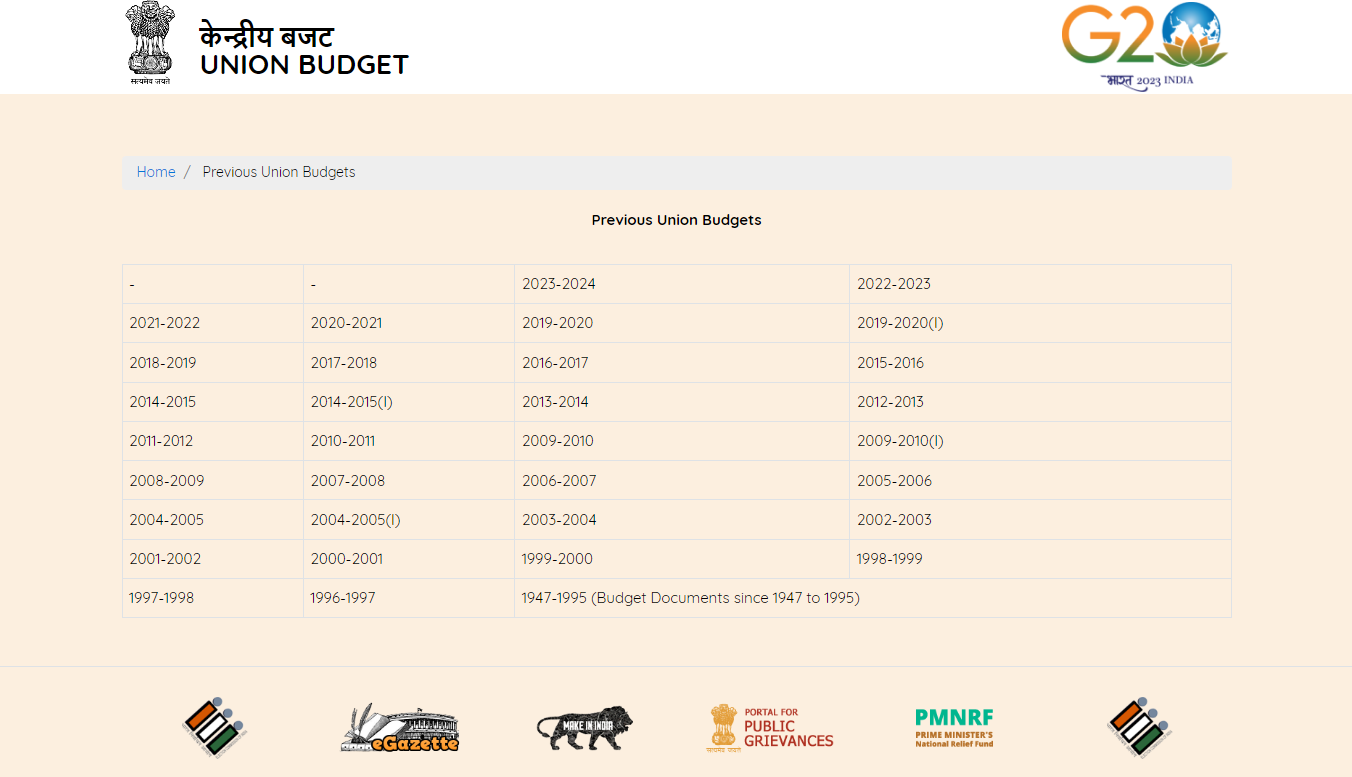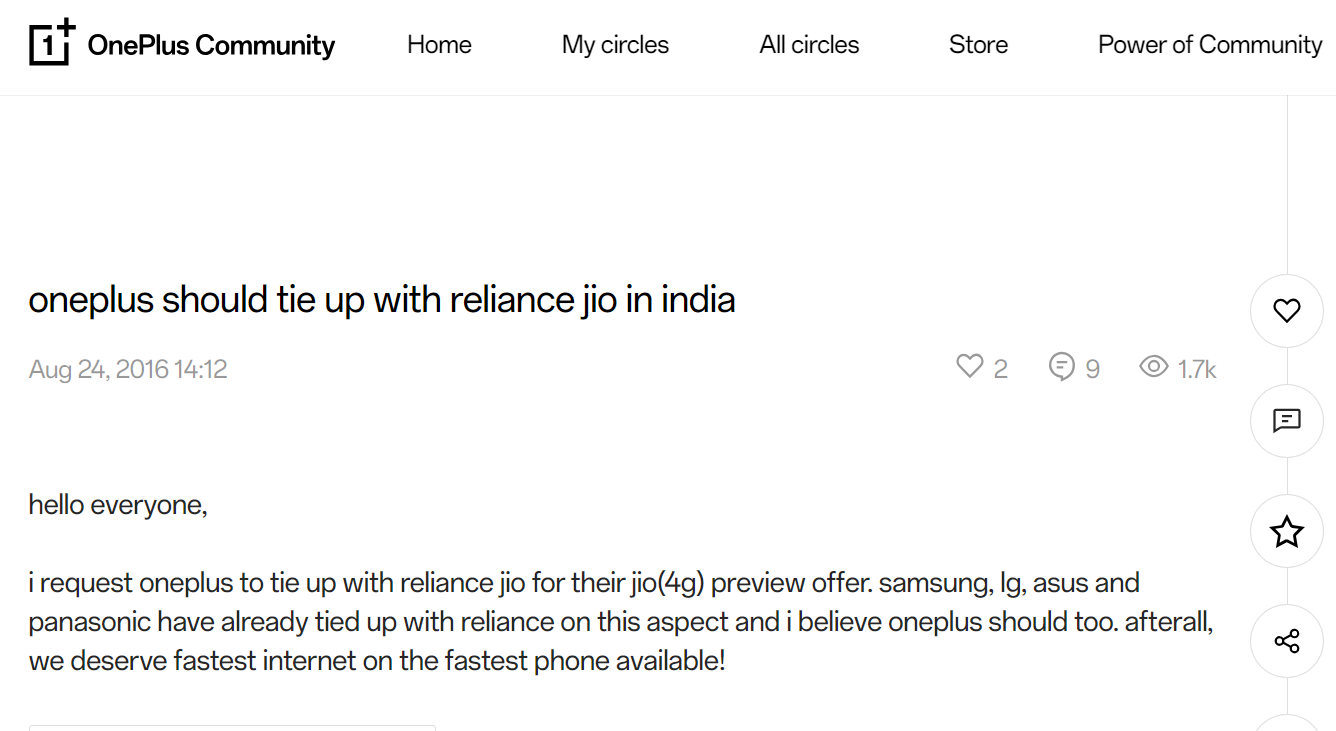Table of contents
With the recent developments surrounding Paytm Payments Bank Limited (PPBL) and the regulatory steps imposed to ban by the Reserve Bank of India (RBI), users in-between stuck with a query of whether to delete the app and halt all transactions or just to continue.
This directive, combined with concerns about PPBL’s ongoing noncompliance, also casts doubts on the app’s safety and usability. However, before making any judgements, the public is demanding clarity on the subject from both parties, before completely deleting Paytm.
Understanding the Regulatory Landscape
The RBI's directive to PPBL to cease operations on March 15, 2024, raises questions about the Paytm app's viability. This directive is in reaction to chronic non-compliance, indicating the potential consequences of continuing to use the app.
Source: (1)
To this, Paytm must apply for third-party application provider (TRAP) clearance from the National Payments Corporation of India (NPCI). This step is to allow the app to continue delivering Unified Payments Interface (UPI) services.
Since Paytm’s UPI business relies heavily on its TRAP accreditation, the app would be unable to conduct UPI transactions if it fails to do so. This would also affect millions of users and merchants who rely on Paytm to make digital payments.
Addressing this, efforts are being made to ensure a smooth transition for Paytm consumers and merchants. Paytm's parent firm, One97 Communications, and private sector lenders:
- Axis Bank
- HDFC Bank
- Yes Bank
- ICICI Bank
- Canara Bank
And, have filed to the National Payments Corporation of India (NPCI) to become third-party application providers (TPAPs). These agreements are critical for facilitating a smooth transition of existing Paytm users to new bank accounts, preventing service disruptions for uninterrupted UPI services.
In simpler terms, Paytm users with '@paytm' handles will be effortlessly transferred from PPBL to a list of newly designated banks.
The Future of Paytm
The RBI's requirements for TPAP certification and the migration procedure emphasise the importance of regulatory compliance and the necessity for smooth transitions in the digital payment ecosystem.
While these efforts are intended to alleviate regulatory concerns, users may still have concerns about Paytm's future. But whether to delete Paytm or not depends on your individual preference, we recommend shifting all your operations slowly to another medium.
Being pre-ready is always better than hurrying to worrying in the end. Not completely but slowly bits-by-bits move your operations. As regulatory moves may cause alarm, it should also be noted that efforts are underway to assure continuity and compliance.
Stay up to date on developments and make decisions based on their circumstances and preferences. Finally, regulatory compliance and consumer trust are critical factors in determining the future of digital payment services such as Paytm.
RBI Ban Paytm FAQ
Here are some frequently asked questions on RBI’s ban on Paytm!
- Why did RBI Ban Paytm?
The Reserve Bank of India (RBI) banned Paytm Payments Bank Limited (PPBL) for chronic noncompliance with regulatory rules. This action raises concerns regarding the Paytm app's security and usability. To continue providing Unified Payments Interface (UPI) services, Paytm must obtain approval as a third-party application provider (TPAP) from the National Payments Corporation of India.
- What is TRAP Approval?
Paytm requires TPAP approval to continue operating its UPI business. Without it, the app could not conduct UPI transactions, possibly disrupting millions of users' digital payment activity. Obtaining TPAP clearance is critical for Paytm's continuous operation and uninterrupted availability of services to customers and merchants.
- What Measures Is Paytm Taking to Continue UPI Operations?
Paytm has begun discussions with numerous banks, including Axis Bank, HDFC Bank, Yes Bank, ICICI Bank, and Canara Bank, to meet regulatory standards and receive TPAP approval. These agreements are crucial for ensuring a smooth transition of existing Paytm users to new bank accounts with minimal service disruption. Paytm intends to handle regulatory difficulties while continuing to provide dependable and secure UPI services to its clients through strategic relationships with banks.
